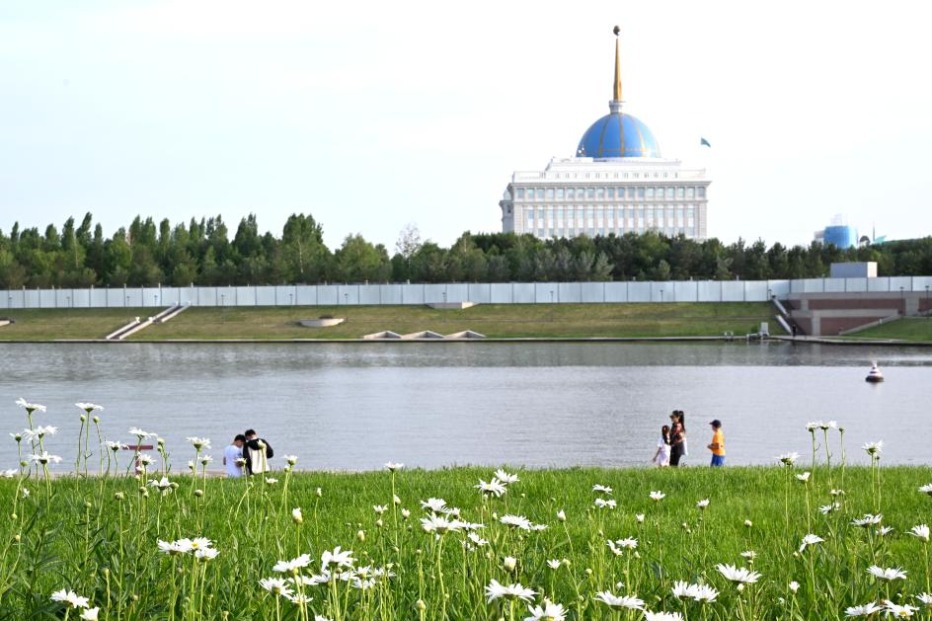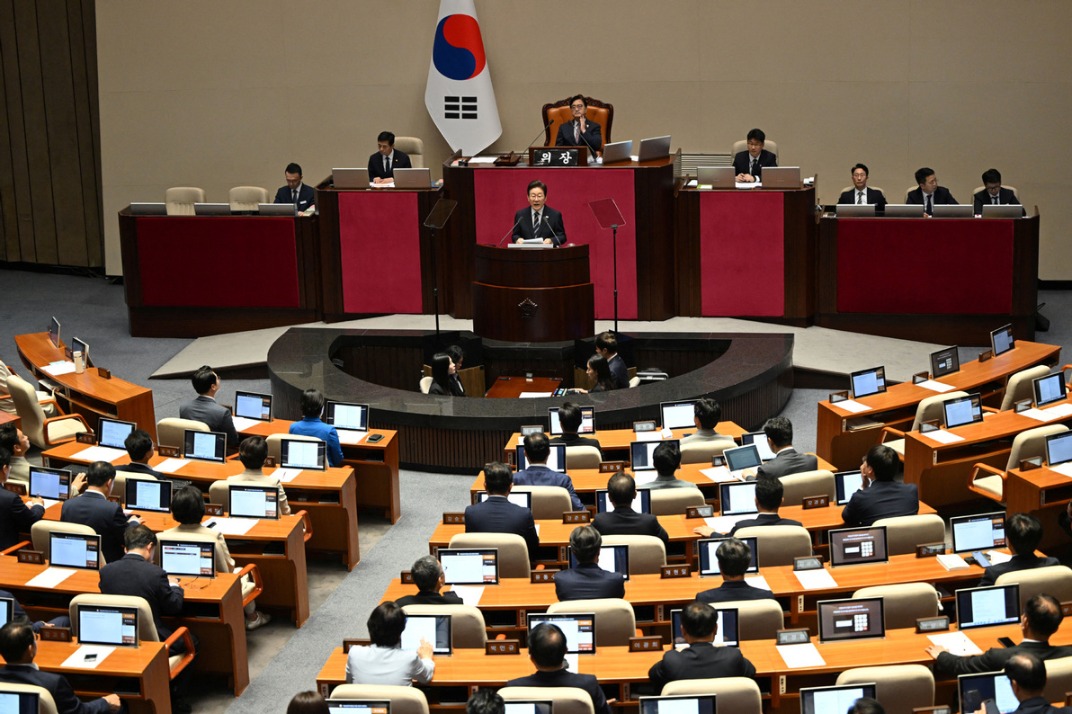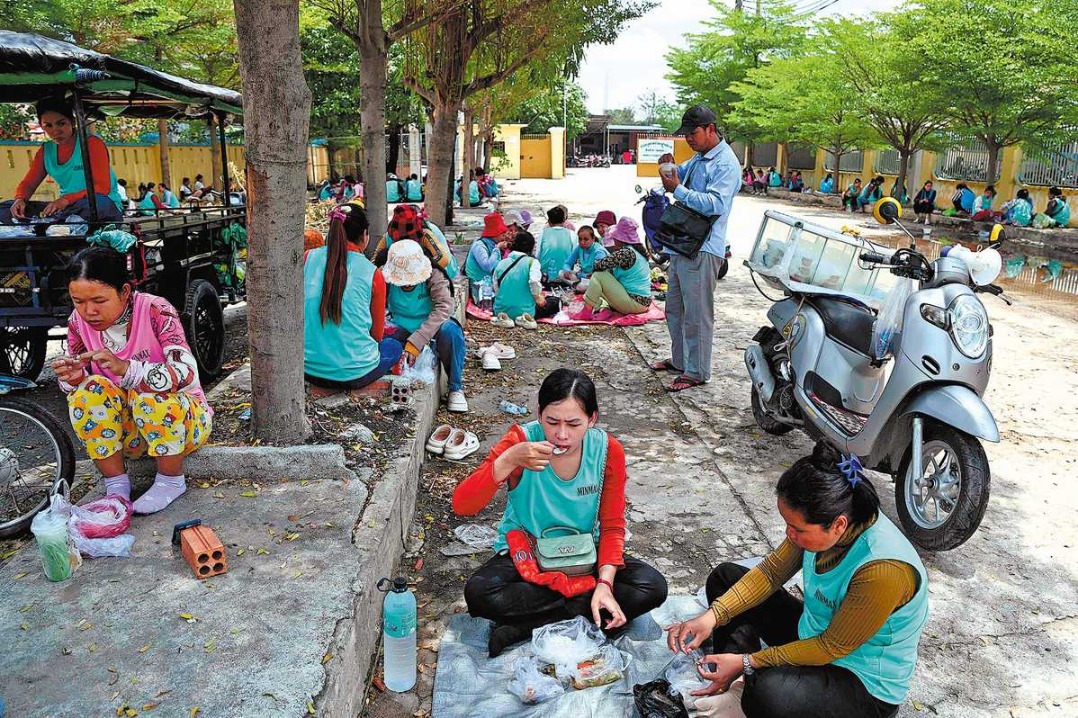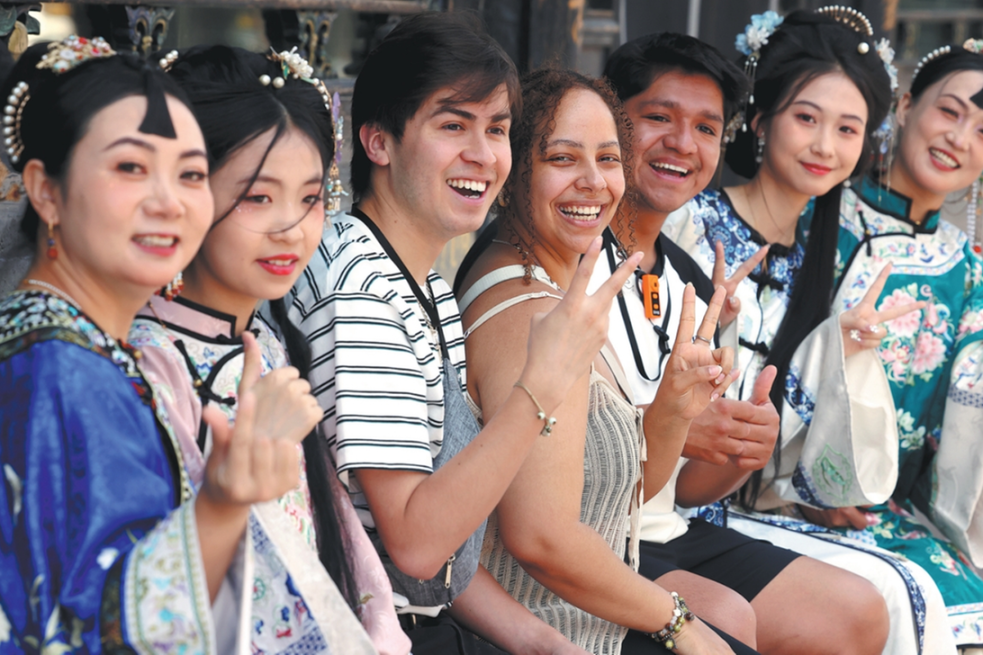Chinese and African officials, experts reiterate multilateralism, UN-backed system, and fairer global order

As the world commemorates the 80th anniversary of the founding of the United Nations and observes United Nations Charter Day on Thursday, Chinese and African officials and legal experts have called for commitment to multilateralism, the UN-centered international system, and a fairer global order grounded in international law.
Speaking at the third forum on Developing Countries and International Law in Beijing, Vice-Foreign Minister Hua Chunying underscored the enduring significance of the UN Charter, saying it carries the hopes of countries around the world for peace and common prosperity and lays the foundation for the principles of modern international law.
"The international system with the United Nations at its core, with multilateralism as its cornerstone, has played an irreplaceable role in maintaining global peace and security," Hua said.
She cautioned, however, that at a time of accelerating global changes, some major powers selectively apply international law based on their own interests, manipulate treaties and international institutions, and pressure other nations to challenge the existing order.
In this context, she urged countries to work together to uphold the UN-centered system and the international order based on law and universally recognized norms.
Hua also highlighted the peaceful resolution of disputes, respect for each country's independent political path, and the pursuit of inclusive and sustainable development.
She said that isolationist and protectionist policies adopted by some countries are undermining the development rights of the Global South.
In contrast, she noted, China's Global Development Initiative and recent multilateral efforts, including the signing of the Convention on the Establishment of an International Organization for Mediation by 33 countries, reflect growing global consensus on promoting peace, development, and legal cooperation.
Legal Counsel of the African Union, Hajer Gueldich, pointed to contradictions and double standards in the interpretation of international law. The countries of the Global South can no longer remain silent on this, she said. "They must unite to create a fairer and more just international stage and order."
Gueldich also emphasized the need for greater South-South cooperation in international legal scholarship. Respecting human rights does not mean accepting Western or European definitions, she said, adding that some of China's values could inspire many Africans.
Huang Jin, president of the Chinese Society of International Law, reaffirmed the foundational principles enshrined in the UN Charter, including the equality of state sovereignty, peaceful settlement of disputes, observance of treaties, and non-interference in internal affairs.
He stressed that "every country in the world shall pay tribute to these principles," calling their preservation essential to global stability.
Huang highlighted China's dual role as the world's largest developing country and a founding member of the United Nations, as well as a permanent member of the Security Council with primary responsibility for maintaining international peace and security.
"Together with other developing countries in Asia and Africa, China has made significant contributions to the development of modern international law and is playing an increasingly active role in its reform," he said.































